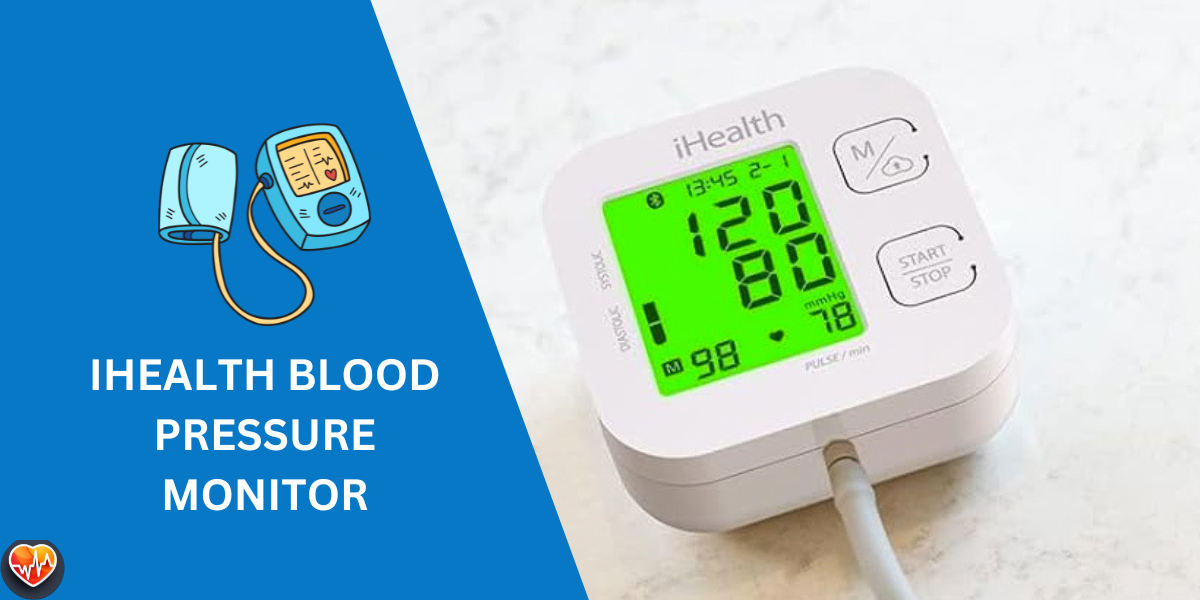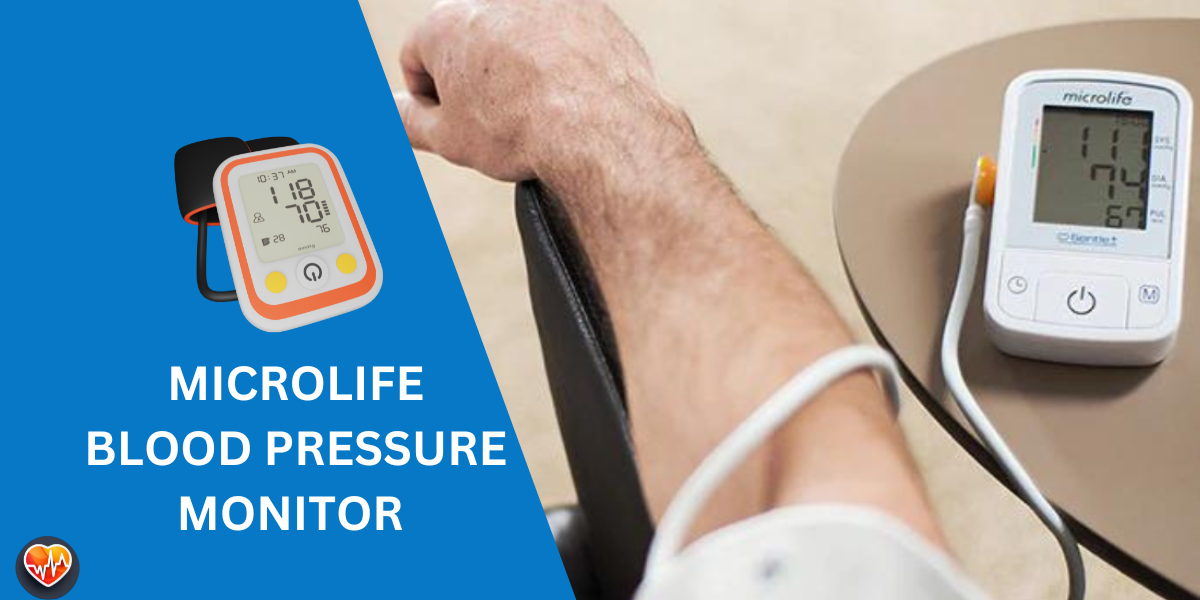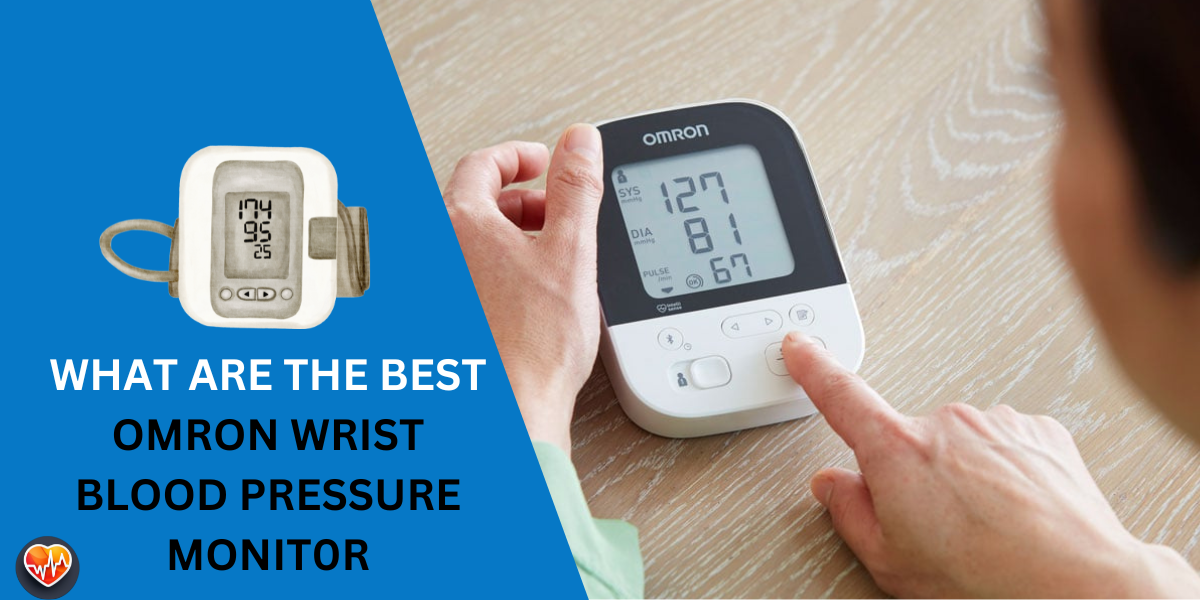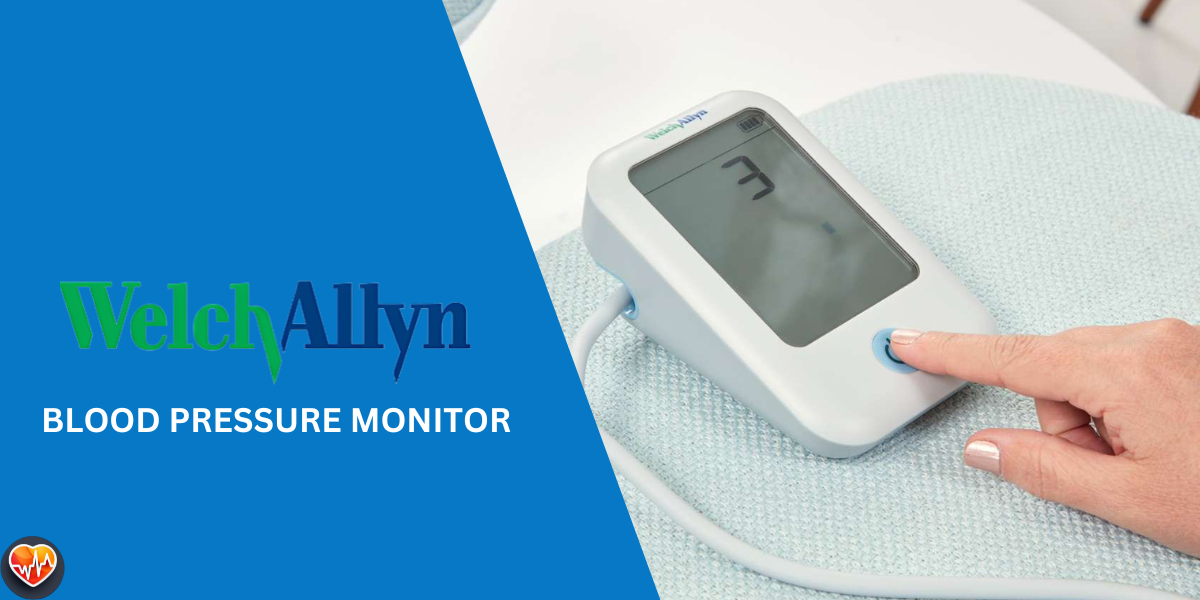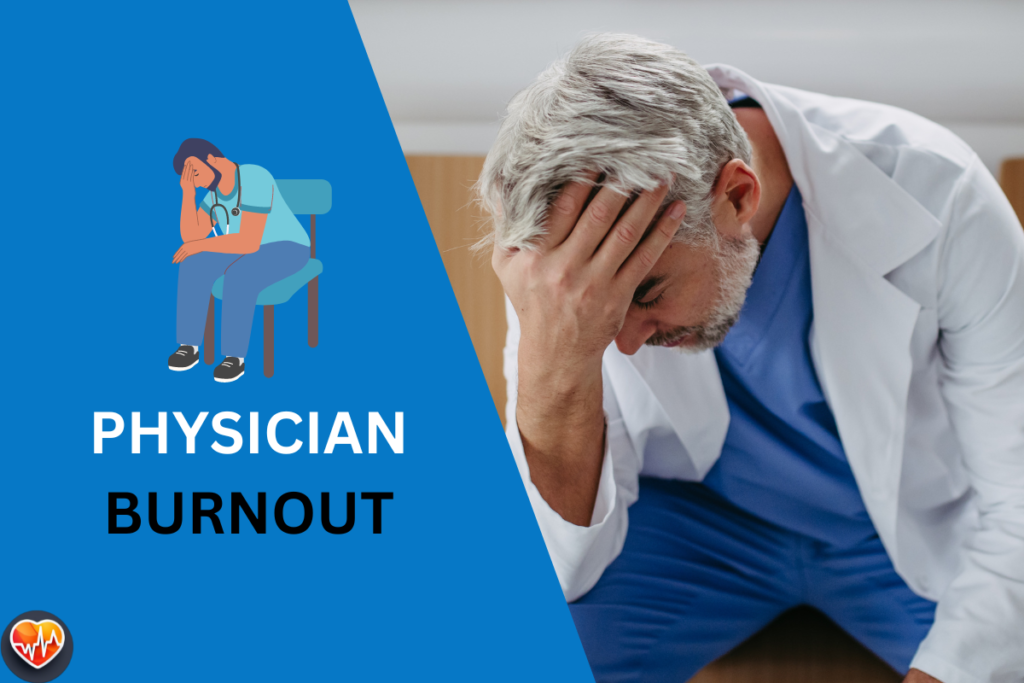
Picture this: Your doctor is always tired, stressed, and just not themselves.
That’s burnout, and it’s happening to doctors everywhere. Things like long hours, piles of paperwork, and the COVID-19 pandemic make burnout worse.
When doctors burn out, they can’t give you their best care.
It’s crucial that we delve into the issue of burnout, understand its impact on our health system, and take collective action to alleviate this problem.
- What it is: Burnout is a state of emotional, physical, and mental exhaustion caused by prolonged stress in the medical profession.
- Why it matters: It affects both doctors and patients, leading to lower-quality care, medical errors, and doctor shortages.
- Who it affects: Burnout can impact any doctor, regardless of gender, specialty, or experience level.
- Signs and symptoms: Look for emotional exhaustion, cynicism towards patients or work, a sense of ineffectiveness, and physical symptoms like fatigue and sleep problems.
- Solutions: Self-care, setting boundaries, seeking support, and organizational changes are all part of the solution.
- We all have a role to play: Doctors, medical schools, healthcare organizations, and even patients can work together to prevent and address burnout, ensuring a healthier and more sustainable medical profession.
What is Burnout, and Why Should We Care?

- Burnout is like an overworked battery: It’s not just tiredness or emotional exhaustion; it’s a deep depletion of our physicians’ well-being that makes them feel worn out, negative, and like they’re not providing high-quality patient care.
- Burnout hurts everyone: It leads to mistakes and missed opportunities for patients, especially in areas like emergency medicine where quick decisions are critical, contributing to poor patient outcomes.
- Doctors suffer too: Burnout makes it hard for physicians to enjoy their work and can lead to serious problems like depression and anxiety, further impacting the healthcare workforce and the well-being of medical students and residents in medical school.
- It’s a snowball effect: Burnout builds up over time, fueled by long hours in the health care environment, paperwork (especially those pesky electronic health records!), and a lack of rest, ultimately impacting primary care practices and other health care settings.
- It’s everywhere: Burnout is a problem in hospitals, clinics, and even medical schools, affecting everyone from experienced primary care physicians to medical students just starting their journey in the health system.
- We all have a stake: We need healthy, happy doctors to provide quality care. That’s why figuring out how to stop burnout is so important for everyone.
Signs of Burnout
Think of burnout like a puzzle – it’s made up of different pieces, and you need to see them all to get the full picture.
Here’s what to look for in the health care workforce:

- Feeling wiped out: This is more than just needing a nap after a long day of providing medical care. It’s feeling completely emotionally exhausted like your battery is empty. It can be hard to get out of bed in the morning or feel excited about anything.
- Losing your spark: You used to love being a doctor, but now it feels like just another job. You might feel cynical, grumpy, or like you don’t care about your patients as much as you used to. This can be especially challenging for those in primary care who build long-term relationships with their patients.
- Feeling like you’re not good enough: Even the best doctors can start to doubt themselves when they’re burned out. You might feel like you’re not making a difference, that your work doesn’t matter, or that you’re not as smart as you used to be despite years of medical training and education.
- Your body is telling you something’s wrong: Burnout doesn’t just affect your mind; it can mess with your physical health, too. You might have trouble sleeping, get headaches more often, or lose your appetite. Some people even get sick more often because burnout weakens their immune system.
- Your friends and family are worried: You might not notice the changes in yourself, but the people who care about you probably will. They might notice that you’re more irritable, withdrawn, or just not acting like yourself.
If any of this sounds familiar, it’s important to talk to someone you trust.
That could be a friend, family member, therapist, or even another doctor. Remember, burnout is not a sign of weakness. Even the American Medical Association recognizes it as a serious problem that can have detrimental effects on the health care system.
Getting help early is key to preventing burnout from getting worse and affecting your health, your work, and your life.
The Problems Burnout Causes

Burnout doesn’t just hurt the well-being of individual physicians; it sends shockwaves throughout the entire health system. When doctors are burned out:
- Patient care suffers: Mistakes happen, important details are missed, and patients may not receive the best medical care, putting their safety at risk.
- Doctors suffer: Burnout harms the physical and mental health of physicians, leading to depression, anxiety, and even thoughts of self-harm. This is a widespread issue affecting everyone, from medical students to seasoned doctors, with women physicians particularly vulnerable.
- The health system suffers: Doctors may leave the medical profession due to burnout, worsening existing shortages and making it harder for everyone to access quality care.
- The patient-doctor relationship suffers: Burnout can make it difficult for doctors to connect with their patients, leading to miscommunication and dissatisfaction on both sides.
Recognizing the severity of physician burnout, organizations like the American Medical Association and various medical societies are stepping up.
They’re creating programs and policies to address this issue head-on, and they’re encouraging physicians and physician groups to use tools like the Maslach Burnout Inventory to assess and manage their stress levels.
Practical Solutions
Okay, so we know burnout is a big problem, but what can we do about it?
The good news is that there are solutions, from individual actions to systemic changes within health systems and medical education.
For Physicians

- Self-care is key: Prioritize sleep, exercise, healthy eating, and relaxation to maintain your physician’s well-being and avoid burnout.
- Set boundaries: Create a clear separation between work and personal life to protect your time and energy.
- Don’t be afraid to ask for help: Seek support from therapists, counselors, support groups, or trusted colleagues.
For Hospitals and Health Systems
- Reduce the burden: Streamline administrative tasks and paperwork to free up more time for patient care and physician well-being.
- Give doctors more control: Allow for flexible scheduling and provide opportunities for professional development to increase job satisfaction.
- Create a supportive environment: Foster a culture of respect, appreciation, and collaboration to reduce physician stress and promote a sense of community.
For Medical Education
- Start early: Teach medical students about burnout prevention strategies and stress management techniques from the very beginning of their training.
- Promote well-being: Emphasize the importance of work-life balance, self-care, and mental health in the medical profession.
- Prepare for the real world: Help students develop coping skills for the challenges they will face in their future careers.
Together, We Can Make a Difference
By recognizing the widespread impact of physician burnout and taking action at all levels.
we can improve patient safety, enhance physician well-being, and create a more sustainable and fulfilling medical profession for everyone involved.
Preventing Physician Burnout

It’s easy to feel overwhelmed by the burnout problem, but remember: we can fight back!
Just like we need to take care of our bodies by eating healthy and exercising, physicians need to prioritize their well-being to avoid burnout.
What Doctors Can Do
- Self-care isn’t selfish: Take time for yourself every day, even if it’s just a few minutes to relax and recharge. Do things you enjoy, like spending time with loved ones, pursuing hobbies, or getting some exercise to maintain your physician resilience.
- Don’t try to be a superhero: Everyone has limits. Learn to say “no” when you’re feeling overwhelmed, and don’t be afraid to ask for help when you need it to maintain your physician’s ability to provide quality care.
- Find your people: Connect with other healthcare providers who understand what you’re going through. Sharing your experiences and supporting each other can make a big difference. Many physicians find solace in connecting with colleagues who understand the unique challenges they face.
- Take a break: Vacations aren’t just a luxury; they’re essential for preventing burnout. Make sure to take regular time off to rest and recharge. Studies have shown thatadequate time off can improve a physician’s abilityto provide quality care and reduce the risk of medical errors.
What Organizations Can Do
- Lighten the load: Reduce the amount of paperwork and administrative tasks that doctors have to deal with. This can free up more time for patient care and reduce stress, ultimately improving patient safety.
- Create a positive workplace: Ensure doctors feel valued, respected, and supported by their colleagues and supervisors. Encourage teamwork, open communication, and a healthy work-life balance. A positive work environment can significantly improve job satisfaction and decrease the risk of burnout.
- Invest in wellness programs: Offer resources like counseling, stress management training, and peer support groups to help doctors cope with the challenges of their work. Investing in the well-being of healthcare providers is crucial for the overall health of the health system.

What We Can All Do
- Start talking about it: Burnout is a serious issue, but it’s often hidden in silence. By raising awareness and talking openly about the problem, we can help reduce the stigma associated with seeking help. The Surgeon General’s advisory has brought national attention to this issue, making it easier for physicians suffering from burnout to seek help.
- Advocate for change: Support policies and initiatives that aim to improve physician well-being and reduce burnout. This could include advocating for more funding for mental health resources or pushing for reforms to reduce administrative burdens.
Remember, burnout is not a personal failure. It’s a systemic problem that requires a multi-faceted solution.
By working together, we can create a healthcare system that supports physicians’ well-being, improves patient safety, and fosters a culture of resilience.
Conclusion
Burnout is a serious problem for doctors, but we don’t have to accept it.
Whether you’re a doctor, a medical student, or someone who cares about getting good healthcare, we all have a role to play.
Doctors, remember: you’re not alone. Many physicians experience burnout. It’s okay to ask for help and take care of yourself. Taking breaks, finding a support system, and making time for things you enjoy are all important steps.

Medical schools and American medical colleges, it’s time to start teaching future doctors how to deal with stress and recognize burnout early on.
This means building resilience and coping skills into the curriculum so that new doctors are better prepared.
And for everyone else, let’s support our doctors!
Encourage them to take care of themselves, and speak up if you see signs of burnout. Remember, a happy and healthy doctor is better equipped to provide the best care.
Let’s work together to make sure that burnout doesn’t get in the way of doctors doing what they do best. By taking this issue seriously, we can protect not only our doctors but also the health of our communities and our public health system.
Frequently Asked Questions
Are female physicians more likely to experience burnout than male physicians?
Studies have shown that female physicians may be at a slightly higher risk of burnout compared to their male counterparts. This could be due to various factors, including gender bias, work-life balance challenges, and differences in specialty choices. However, burnout affects both male and employed physicians across the board.v
What specialties have the highest rates of burnout?
Specialties with high demands, such as emergency medicine and surgical specialties, tend to have higher burnout rates. However, burnout can affect physicians in any specialty.
Can burnout lead to physicians leaving their practice or even the medical profession?
Yes, unfortunately, burnout is a significant factor contributing to physicians leaving their practice or even the medical profession altogether. This can be due to feelings of dissatisfaction, emotional exhaustion, or a loss of personal accomplishment.
How do healthcare organizations address physician burnout?
Many healthcare organizations are recognizing the importance of addressing physician burnout. They’re implementing various strategies, such as improving work-life balance, reducing administrative burdens, and providing resources for mental health support. Financial incentives and recognition programs can also play a role in improving physician well-being and reducing burnout.
What is one key symptom of physician burnout that I should be aware of?
One hallmark symptom of burnout is emotional exhaustion. This can manifest as feeling drained, overwhelmed, and emotionally depleted, even after getting enough rest. If you or someone you know is experiencing this, it’s important to seek help and support.



